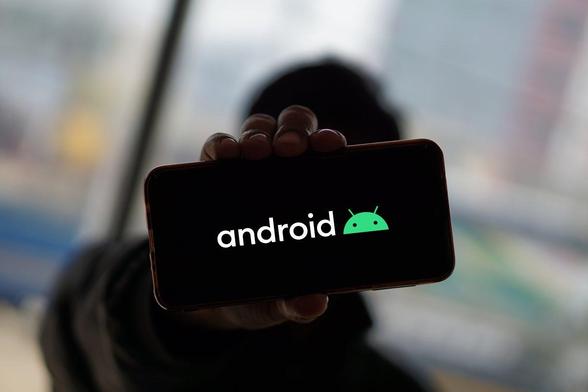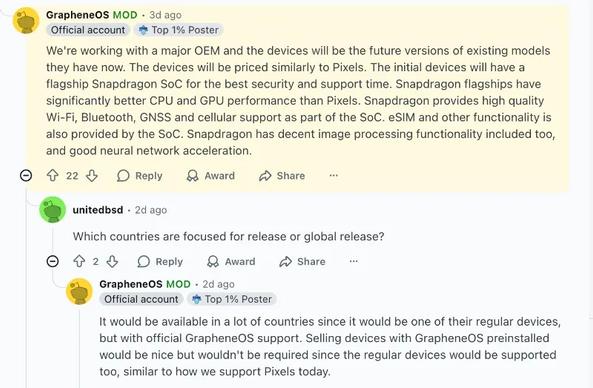Some big news regarding mobile OSes:
First, Graphene OS has confirmed a partnership with a large OEM to bring support to non-Pixel devices (Snapdragon SoC):
https://piunikaweb.com/2025/10/13/grapheneos-ending-pixel-exclusivity-new-oem/
This is good news, but IMHO it only delays the unavoidable demise of free AOSP-based projects since Google is now finally pulling the rug.
Second, the FSF announced Librephone, an initiative to bring real freedom to mobile devices:
https://www.fsf.org/news/librephone-project
This is also good, but it must be taken in the right perspective: Librephone, as far as I understand it, is not a new mobile OS, but rather an initiative to open-source existing proprietary firmware blobs. AOSP-based open source OSes like Lineage, Graphene, and even /e/OS, will hopefully benefit from this initiative, by being able to replace binary blobs with open-source firmware. But they still remain AOSP-based solutions, and therefore bound to the Google ecosystem.
There are two problems here that really need to be addressed.
The first one is political. Legislators and citizens must come to acknowledge that a democratic society where the full mobile ecosystem is in the hands of a corporate duopoly is not acceptable.
The second one is technological: AOSP is not a fully free OS, it's a trojan horse, a trap set by Google years ago that is springing right now. We need to move away from Android and embrace full GNU/Linux solutions, or even something completely new, at this point I don't even care. I've heard good opinions of Postmarket OS. Any feedbacks here?
Say what you want about Richard Stallman, but he saw this coming.
#android #aosp #google #lineageos #grapheneos #eos #postmarketos #libre #foss #floss #opensource #privacy #security #surveillance


